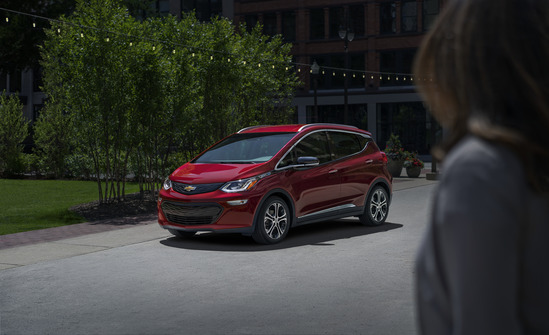Americans can save a lot of money by switching to an electric car, but the amount of potential savings seen over the long run varies widely depending on many factors, a study released last month highlights.
Car buyers can save between $3,000 and $10,500 on fuel costs alone over 15 years, according to the Department of Energy study (via Axios). That's based on the national average cost to charge a battery-electric vehicle, which ranges from 8 cents per kilowatt hour to 27 cents per kWh, according to the study.
Savings are affected by a number of factors, including electricity prices, the type of charging equipment used (AC charging or DC fast charging), installation costs for charging equipment, and vehicle miles driven, according to the study.
State-by-state variations also exist. In Washington state, potential savings rose to $14,500, while in four states (Alabama, Hawaii, Mississippi, and Texas) the study predicted that drivers wouldn't save anything by switching to an electric car in certain situations.

2020 Chevrolet Bolt EV
Fuel cost savings are only part of the equation, however. Beyond Tesla, electric cars lose value quickly. That likely won't matter to buyers who plan to keep their cars long term, but would affect buyers looking to trade in earlier.
AAA has also pointed out ownership-cost advantages, noting that savings can negate the higher average purchase price of EVs compared to internal-combustion cars.
Upfront cost remains the biggest barrier, although many buyers aren't seeing the purchase with the all the advantages in view.
The continued reduction in battery prices and longer battery life will help not only cut up-front costs but amortize costs over a longer time. A recent Bloomberg New Energy Finance report suggested that prices will reach $100 per kwh—the point at which electric cars are expected to achieve price parity with internal-combustion cars—by 2023.
